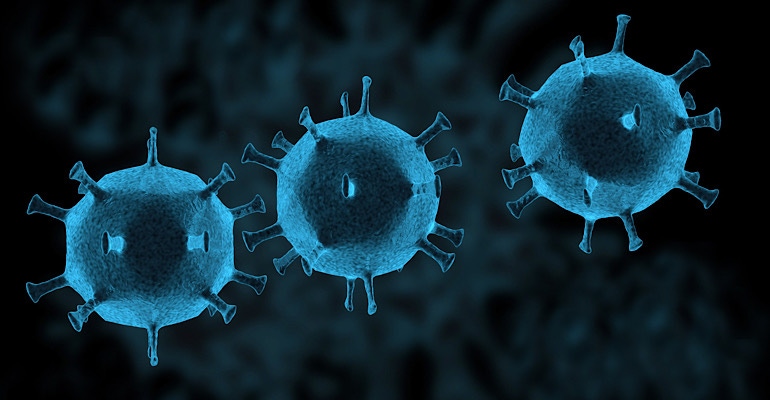Researchers fed a computer program with health data from 3,944 Danish COVID-19 patients to determine the mortality risk.
February 10, 2021

Researchers at the University of Copenhagen’s Department of Computer Science have used artificial intelligence to assess whether a person will die from COVID-19 or not.
Based on patient data from the Capital Region of Denmark and Region Zealand, the results of the study demonstrate that artificial intelligence can, with up to 90% certainty, determine whether an uninfected person who is not yet infected will die of COVID-19 or not if they are unfortunate enough to become infected.
Once admitted to the hospital with COVID-19, the computer can predict with 80% accuracy whether the person will need a respirator.
Researchers fed a computer program with health data from 3,944 Danish COVID-19 patients. This trained the computer to recognize patterns and correlations in both patients' prior illnesses and in their bouts against COVID-19.
The diseases and health factors that, according to the study, have the most influence on whether a patient ends up on a respirator after being infected with COVID-19 are in order of priority: BMI, age, high blood pressure, being male, neurological diseases, COPD, asthma, diabetes and heart disease.
The AI-fueled research comes at a time when there are more than 2.3 million reported deaths from COVID-19 worldwide, according to statistics from worldometers.info. There are about 108 million reported cases and nearly 80 million have recovered, the website shows.
About the Author(s)
You May Also Like


